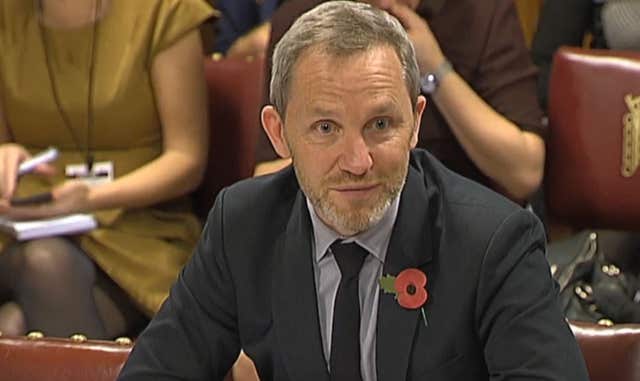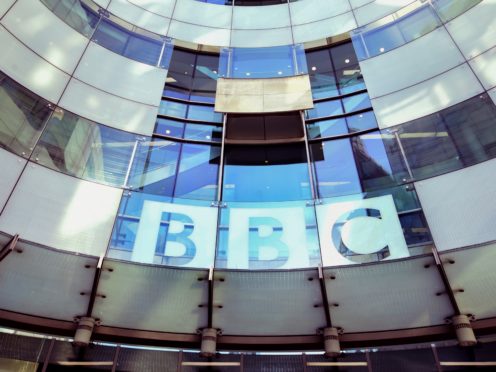The BBC must invest in specialist music stations as traditional radio is no longer a “default” for “many”, the corporation’s director of radio has said.
James Purnell, director of radio and education, said the BBC had to adapt to changing listener habits.
He said podcasts, music streaming and archive content meant the BBC cannot rely on traditional radio stations, although they “continue to have widespread appeal”.
The BBC will “continue to invest” in mass stations, such as Radio 2 and Radio 1, which “are at the heart of what we do”, he said.

But he added: “For us to serve all our audiences, and to attract new listeners, we must invest in specialist music stations and streams, giving our listeners new rabbit holes they can drop into to discover more of what they love. ”
Speaking at a conference in Manchester held by the Association Of British Orchestras, he said: “Radio used to be a background medium, often put on without thinking.
“But not any more, now it needs to earn its place in someone’s day….”
Purnell said the BBC Sounds app had been a success, with three million weekly users.
He also announced a year-long Beethoven Season across the BBC, marking 250 years since the composer’s birth.
It will include Beat Beethoven, inviting people, from complete beginners to seasoned sprinters, to run five kilometres in the time it takes to listen to the composer’s Fifth Symphony, to raise money for Sport Relief.
Newsreader Sophie Raworth will take part in the race, amid a live performance by the BBC Philharmonic, while Radio 3 presenter Katie Derham will host the day in Salford’s MediaCity.
The BBC recently announced cuts to its news output.
